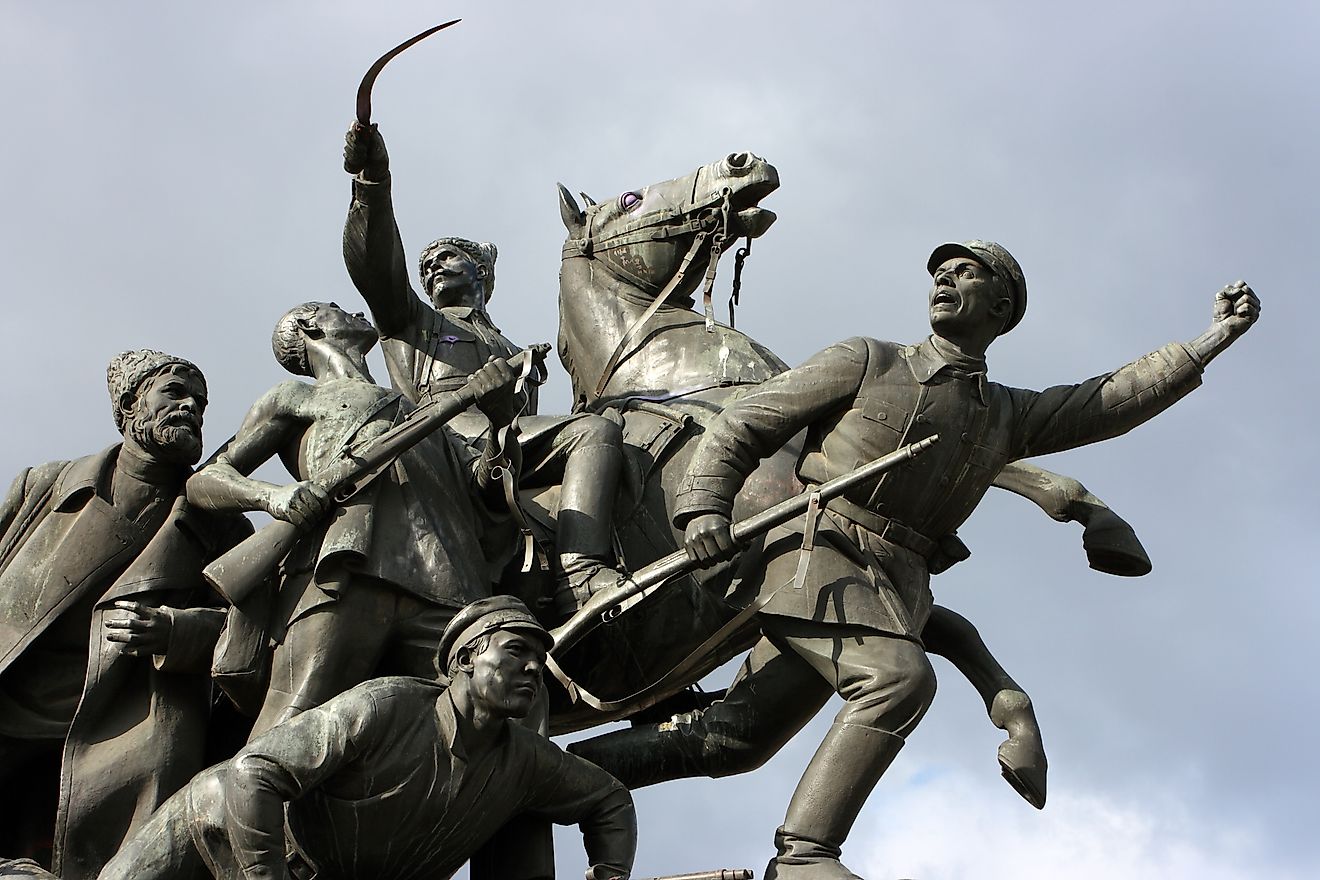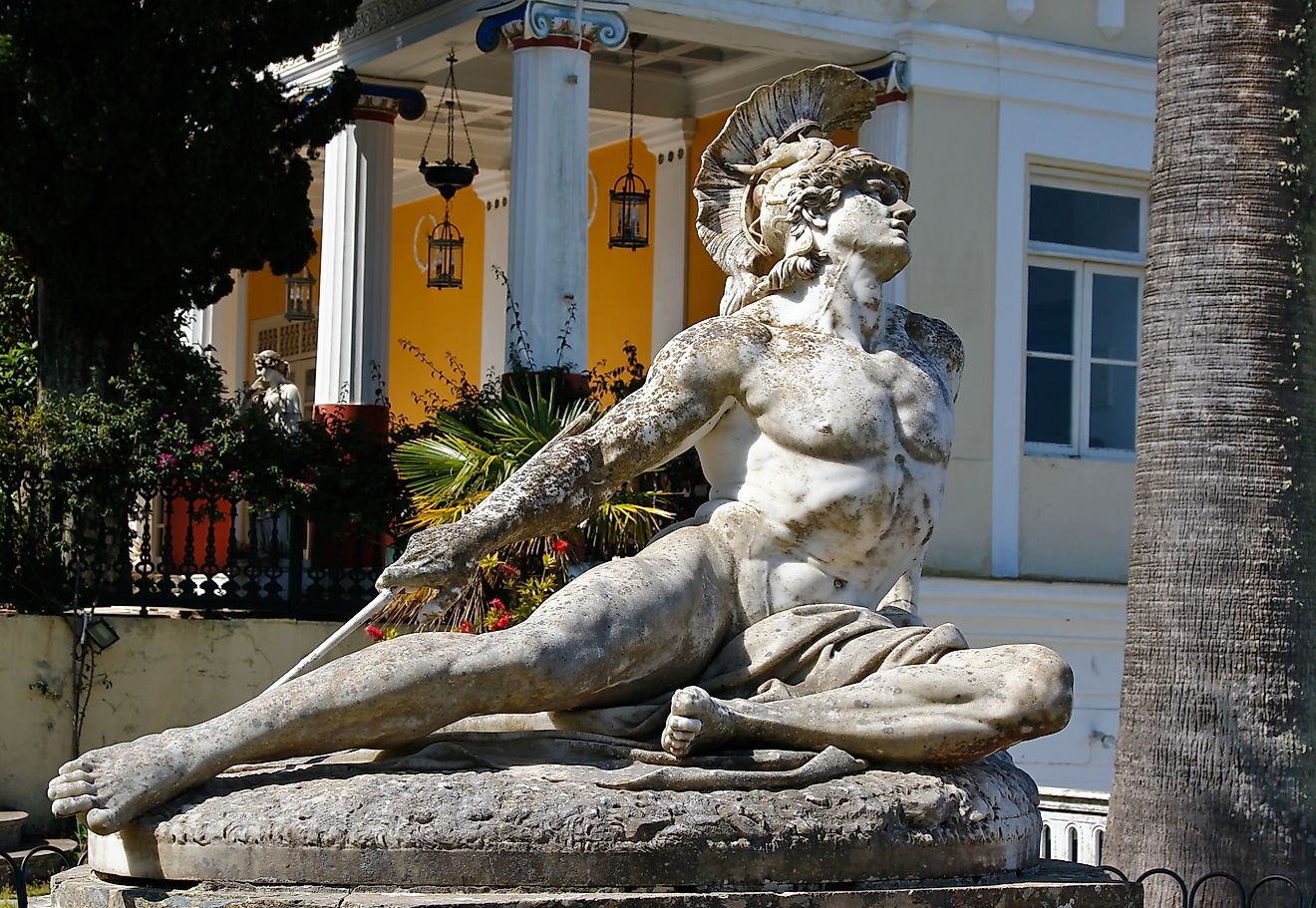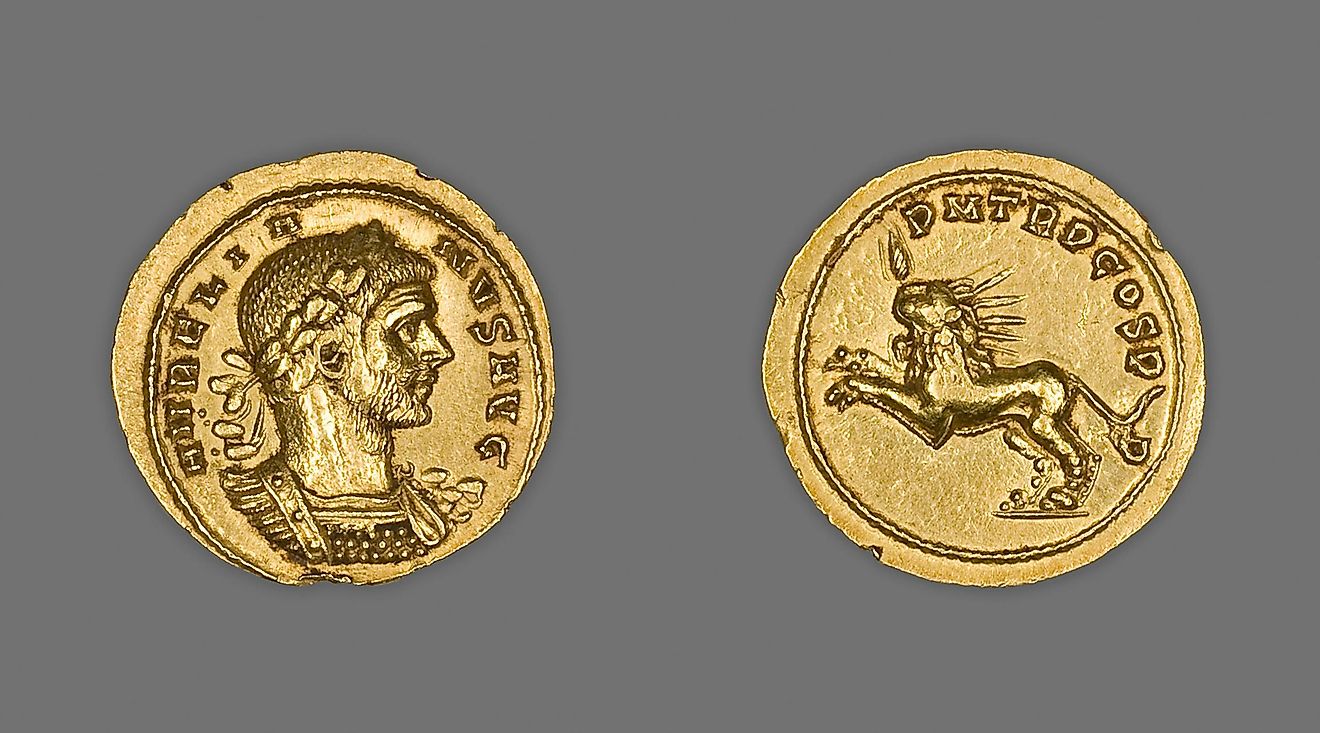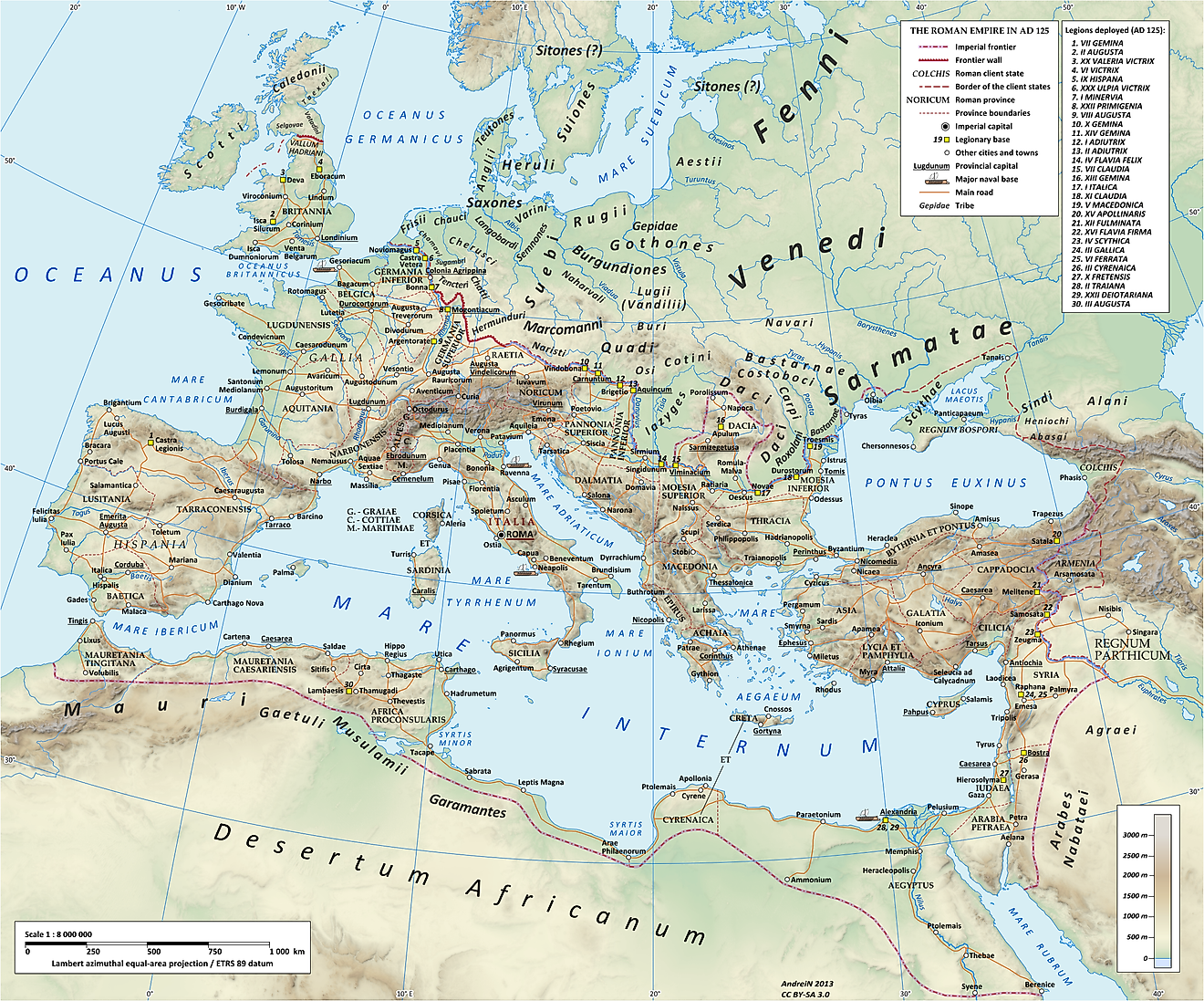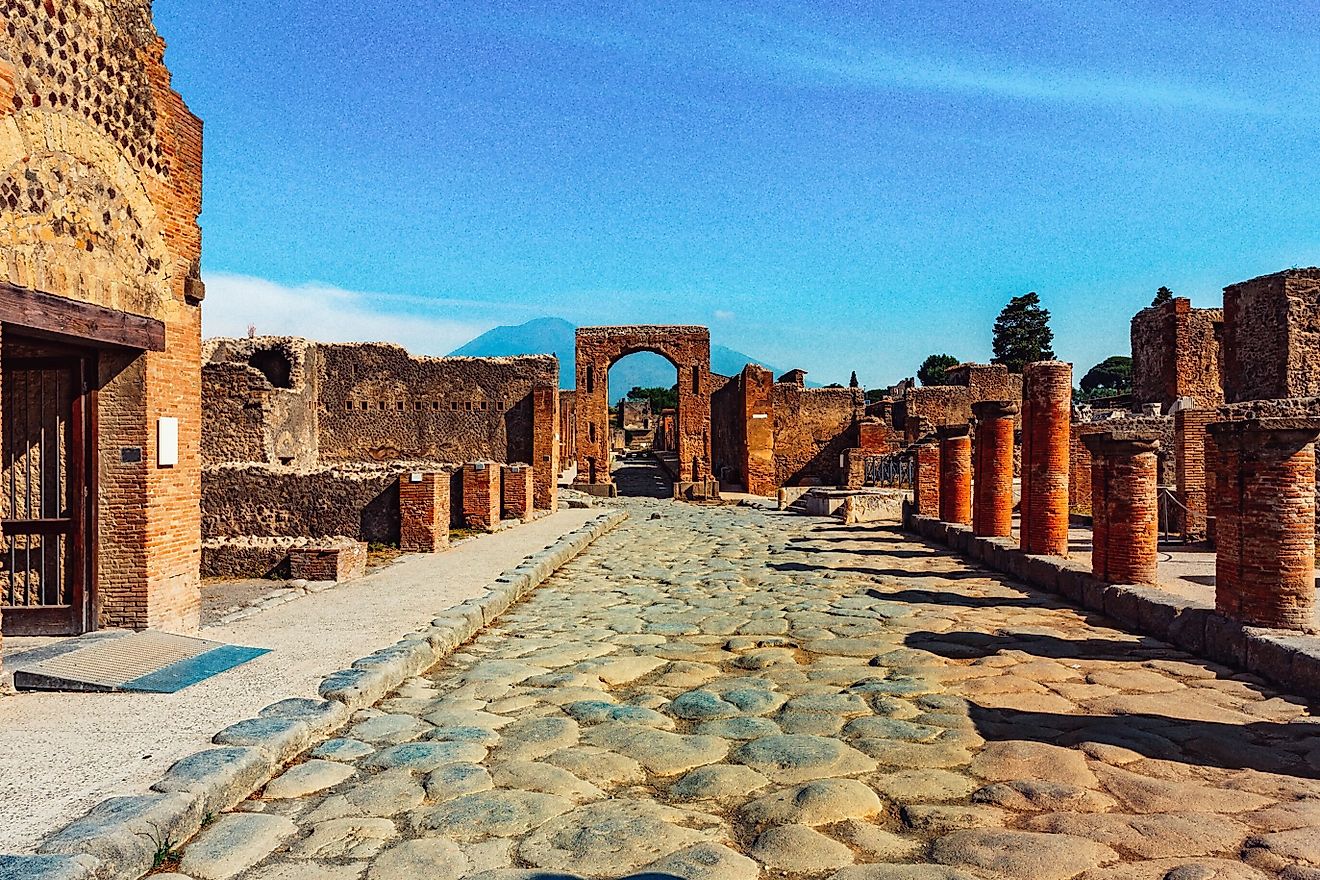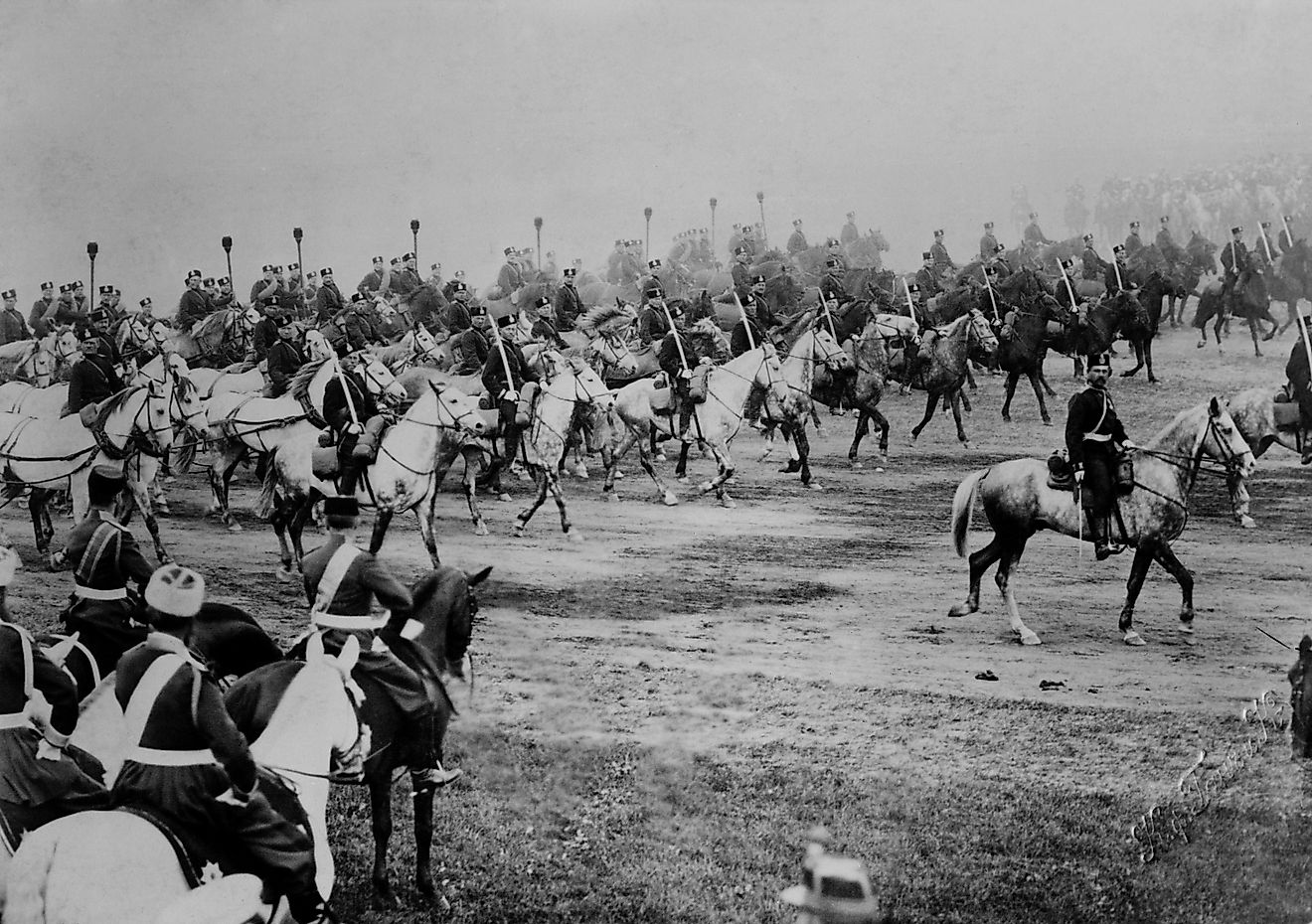
Reasons Why the British Were Successful in Expanding their Empire
In the 1600s, the British Empire began to take shape. By the early 1800s, it was the largest empire in history. To understand how it grew so large, it is necessary to examine the factors that contributed to its growth. First, Britain had a strong navy that could control the seas. Second, British colonists were willing to settle in far-flung places like North America and Australia. Third, the British government adopted a policy of letting its colonies govern themselves. This freedom gave colonies a sense of autonomy and laid the foundation for Britain to make profitable investments in industries. Finally, the British Empire had no ethical hesitation in participating in the slave trade or displacing indigenous peoples. All these factors came together to create an empire that spanned the globe.
Competition Drove The British Empire To Expand

With France and the Ottoman Empire as rivals and the Chinese and Mughal Empires possessing vast reach, power, and wealth, the British Empire realized it had to expand to remain a significant force in world affairs. France had carved out its mainland and global presence, while Turks commanded vast lands spanning Europe through North Africa and Asia. The Chinese Emperor held uncontested sway over an immense population while the Mughal Dynasty prospered across the Indian subcontinent. Each powerful neighbor had unique strengths, which posed legitimate threats to Britain's burgeoning empire, prompting them to acquire an even greater territory. Knowing that these powerful empires posed severe threats to Britain's goal of world domination, Britain set out to compete by creating colonies worldwide.
Supply And Demand
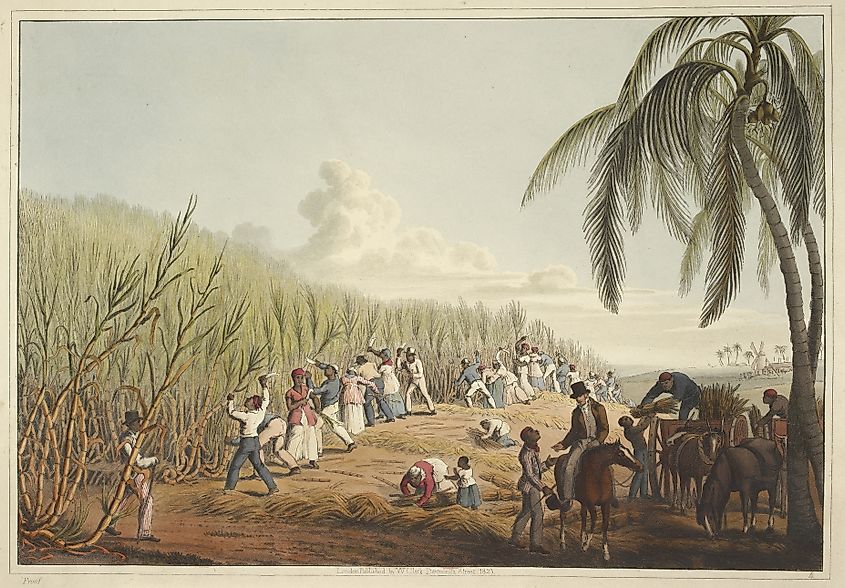
The British Empire had a profit-driven agenda that relied on the trade of spices, textiles, cotton, and food stocks back to Europe. Europeans depended highly on these imported goods due to their lack of localized production capabilities. This consumption caused an addiction to tobacco, tea, and sugar in Europe, leading to a substantial profit for the British Empire. Their control over trade routes and taxation gave them greater control over European markets, resulting in a faster expansion of their empire. To power their large-scale operations, they sought out resources from countries worldwide. European nations increasingly sought popular commodities, craving flavors from India and fabrics from Asia and North America, respectively. The goods, which were so desperately needed, provided tremendous profits for the British Empire, allowing the empire to stay unrivaled in global trade for centuries.
The Power Of A Navy

Throughout history, the British Empire relied heavily on a powerful Navy to expand its territorial grasp. In addition to more conventional means of conquest and annexations, naval power enabled commanders to secure colonies for Britain out of direct contact with local civilizations. For example, during the late 19th century and early 20th century, Britain established strategic coaling stations that created a supply chain infrastructure throughout its growing empire. By providing an uninterrupted flow of essential supplies, Britain could maintain control as a supplement to conventional naval firepower. In addition, the deployment of the Royal Navy helped give a degree of security that kept vital trade routes open, increasing their wealth and power even further. So by security and supply chain, the British navy played an essential role in Anglo-colonization worldwide.
Investments In Colonial Industry

The British Empire took note of the diligent work ethic and impressive technological advancements of their subjects, so they began to invest in their burgeoning industries. The London Company, The Plymouth Company, and The East India Company all started with Royal backing. Part of the philosophy involved putting all the financial risks on private individuals to ensure that the empire only ended up with a profit. Further investments in shipbuilding and manufacturing proved fruitful. The East India Company is particularly noteworthy, as they were the first multinational corporation operating solely within the British Empire. The company proved to be a hugely successful venture, becoming one of the most influential organizations of their time, leading to an economic revolution that bestowed incredible wealth upon its stakeholders. Furthermore, the British Empire made a fortune off imposed taxes by forcing all European exports to route through England before traveling internationally.
The British Empire Profited From The Slave Trade

The British Empire profited enormously from the slave trade for centuries, as seen in "The Scramble for Africa" in the 19th century. From their acquisition of slave ships to using enslaved people as a workforce for the British colonies, many in the empire gained wealth and power with investments in the suffering of captured African peoples. The empire used slave labor to cultivate and extract resources, and this labor added extreme amounts of ill-gotten gains to the British coffers. The profits were not evenly distributed, with a disproportionate wealth coming from colonies such as Jamaica and Barbados. During its peak, the British held colonial possessions on every continent except Antarctica and numerous trade ports throughout Africa, America, and Asia. This intercontinental network allowed them to buy enslaved people from various African trading hubs before selling them in markets across the Atlantic. The profits generated by slavery enabled Britain's merchant classes to enjoy extreme wealth and prosperity; however, despite these tremendous financial gains, slavery was undeniably immoral and eventually outlawed.
The British Empire Exploited And Displaced Native Populations

The British Empire had a profound impact on the native populations of its colonies, displacing individuals and often exploiting them to gain a financial and political advantage. Native peoples faced numerous challenges, including land confiscation, dispossession, military suppression, taxation, and other unfair policies. Traditional ceremonies were made illegal, and British officials disrespected or ignored native rights. These impositions led to poverty for native peoples regardless of whether they had consented to those governing them. Furthermore, the experience varied depending on the particular colony; for example, in India, opium was made widely available, which caused an enormous amount of suffering amongst local populations as it created widespread addiction and disruption. Ultimately, changes wrought by British rule forever altered the lives of many indigenous people throughout much of their empire.

The British Empire expanded for many reasons, including the desire for resources, competition with other empires, and industry investment. However, some reasons for expansion are more controversial, such as profits from the slave trade and the displacement of indigenous people. The expansion was also made possible by a powerful navy. Because of its uninhibited obsession with growth, Britain became one of the most powerful empires in history.
